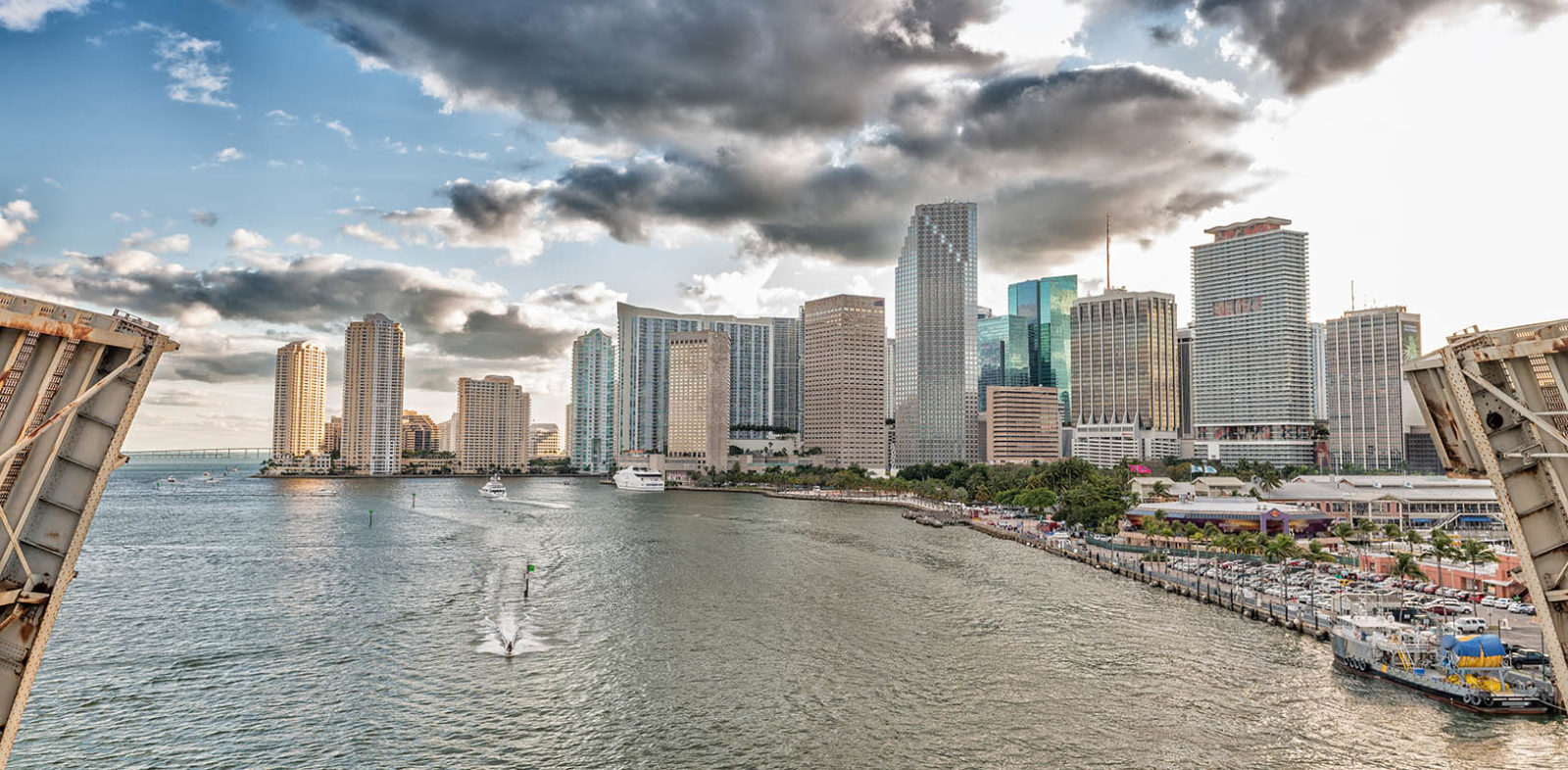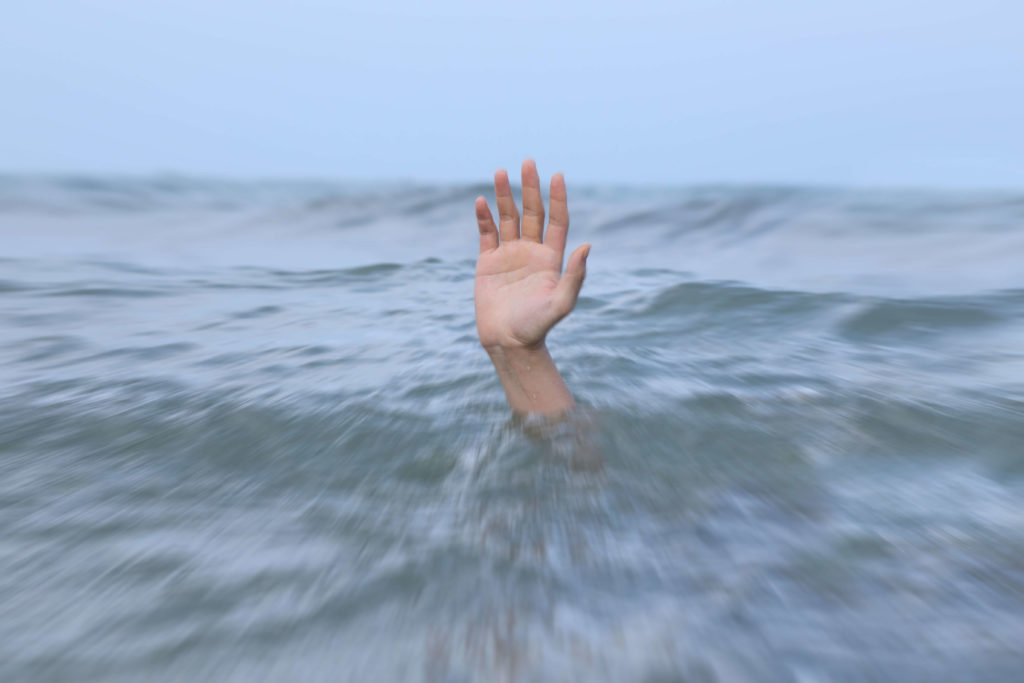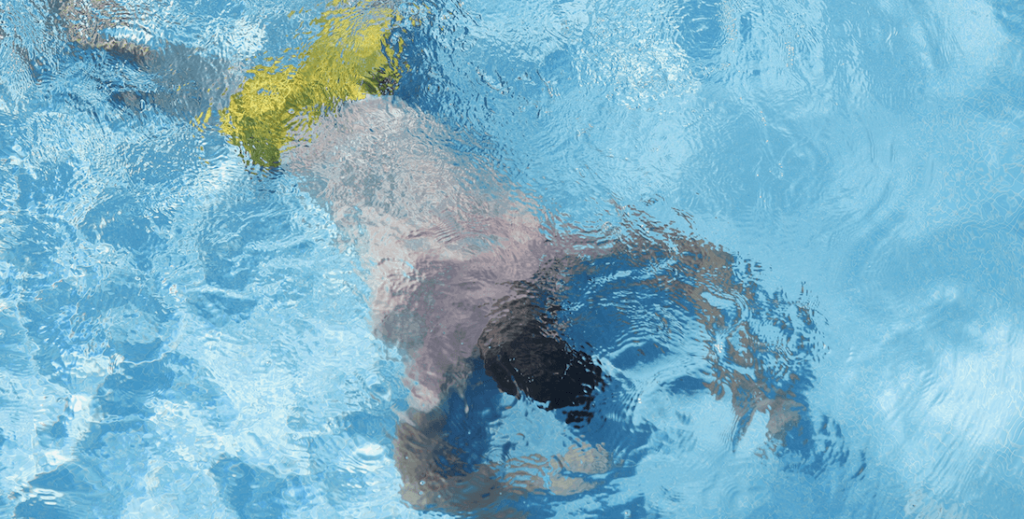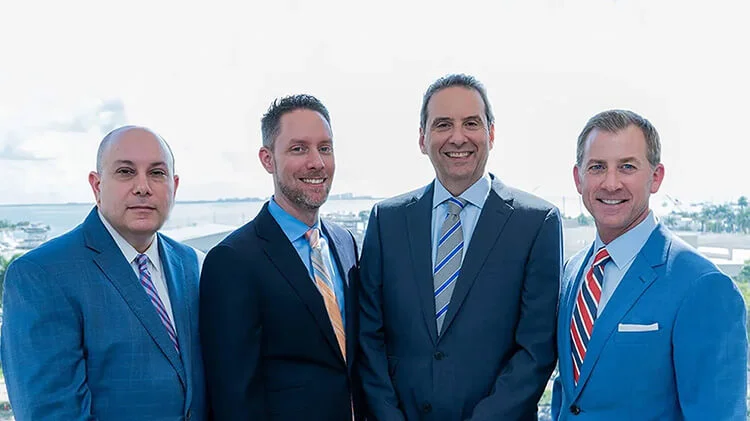
Miami Drowning
Accidents Attorney
SCHEDULE A FREE CONSULTATION
Obtained Over $1 Billion in Settlements & Trial Verdicts
Representing Drowning Accident Victims in Miami, FL
Death by drowning, or severe injuries and trauma from a nonfatal submersion, are extremely serious and can have devastating impacts on individuals and their families. Swimming pools, water parks and other aquatic attractions are commonplace in Miami and the surrounding areas in Florida. While the water can be a source of entertainment, it demands a level of care from providers. When a pool owner is negligent, the result can be a drowning accident.

Causes of Drowning Accidents
Swimming pool accidents are becoming a common occurrence in Miami and other areas in Florida. The vast majority of drowning accidents are preventable, and pool owners should take the necessary steps to prevent them. Some of the causes of drowning include:
- Inadequate supervision: A lack of supervision is one of the most common causes of swimming pool accidents. Children and young adults tend to play and run near and in pool areas, increasing their risk of slips and falls. Children should never swim in a pool unsupervised
- Safety equipment and damage: Some property owners do not have sufficient pool barriers and safety equipment in place to protect their guests from drowning accidents. Barriers can help prevent unauthorized access to swimming pools. Safety equipment like steps and railings can help to prevent slip-and-fall pool accidents. Pools that have damaged components, such as loose tiles and uneven sidewalks and surfaces can prove problematic for guests and are a leading cause of pool-related slip-and-fall accidents.

Drowning Incidents at Public Pools
Drowning accidents are the leading cause of death among young kids, and Florida has the highest rate in the nation of drowning deaths among children ages 1 to 4. There are definitely concerns with private and public pools, and are even closed down due to health and safety violations. Here are some of the most common violations:
- Inadequate amounts of chlorine or bromine, which can lead to outbreaks of illness-causing parasites and bacteria, including Cryptosporidium, E. coli, Shigella and Legionella
- Inadequate safety equipment or enclosures, resulting in a heightened risk of drowning
- Chemical violations such as improper labeling, storage or handling of chlorine, which can lead to respiratory distress, skin problems, eye inflammation and burn injuries
Making sure the right amount of chemicals in a pool are balanced can be challenging, and even automatic chemical feeders are not without their errors. Factors such as temperature, pH and exposure to UV rays can all impact the effectiveness of chlorine (and other disinfectants). Wading pools and hot tubs are particularly vulnerable to chemical imbalances because of their shallow depth and warmer temperatures.
8 Tips For Pool Owners From a Personal Injury Lawyer
If you own a swimming pool, you have a duty under Florida law to take certain steps to keep your pool safe and prevent drowning accidents not only for your family and guests, but for children who may come onto your property without an invitation. Here are eight tips to keep your pool safe.
1. Install barriers such as fences or concrete walls to keep children and others from entering your pool while you are away. These barriers must be at least 48 inches high. Any gates must be self-locking.
2. Install an approved cover.
3. Install alarms and self-locking mechanisms on interior doors and windows leading to the pool from your house to keep your children and their friends safe.
4. Install non-slip surfaces on the pool deck, steps and diving board.
5. Install handrails on steps leading into your pool. These should be small enough for a child to grasp.
6. Mark pool depths conspicuously. Install a safety float line where the pool deepens.
7. Install pool slides and diving boards at the deep end of the pool. Ensure sure your pool depth is sufficient for a diving board.
8. Keep safety equipment such as shepherd hooks in an accessible location.

Knowing Your Rights and Determining Liability in a Florida Drowning Case
If you, or someone you know, suffers a drowning accident in the Miami, FL area, you need to you know your rights. Pool owners are aware of safety protocol, but unfortunately, some owners don’t always comply with these guidelines. It’s critical to know what rights you have in order to hold the responsible party accountable.
Survivors including spouses, parents and children of people who are killed in a drowning accident have the right to explore the options of filing a wrongful death claim.
In order to file this claim, there needs to be proof of negligence, eligible survivors have experienced monetary damages, and a personal representative for the estate has been appointed.
While no amount of monetary reimbursement can ever truly compensate a family who has lost a loved one in a drowning accident, it can go a long way towards covering medical bills and other costs while a family grieves and attempts to put the pieces of their lives back together.
Handling this kind of claim can be difficult, so it’s important to reach out to our drowning accident attorney in Miami, FL at the law firm of Dolan Dobrinsky Rosenblum Bluestein, LLP.

For More Information About Drowning Accidents
To schedule a free initial consultation with an experienced Miami drowning accident lawyer, call (305) 371-2692, or contact us online.
How do I find your office?
Parking: You can access our parking structure by turning right off of Bayshore Drive! Once you enter the parking structure you will see a valet stand where you will tell them that you are here to see us and we will validate your parking!
How to get to our office: Make your way to the lobby! Once there, you will find the elevators straight ahead! Take them to the sixth floor and hang a left! We will be there ready to greet you!
Contact Us For A Free Consultation
Practice Areas
SEE ALL AREASREVIEWS
– Ronald D.
As a retired Circuit Court Judge I've had the opportunity to watch these attorneys preform their craft. They are exceptional.